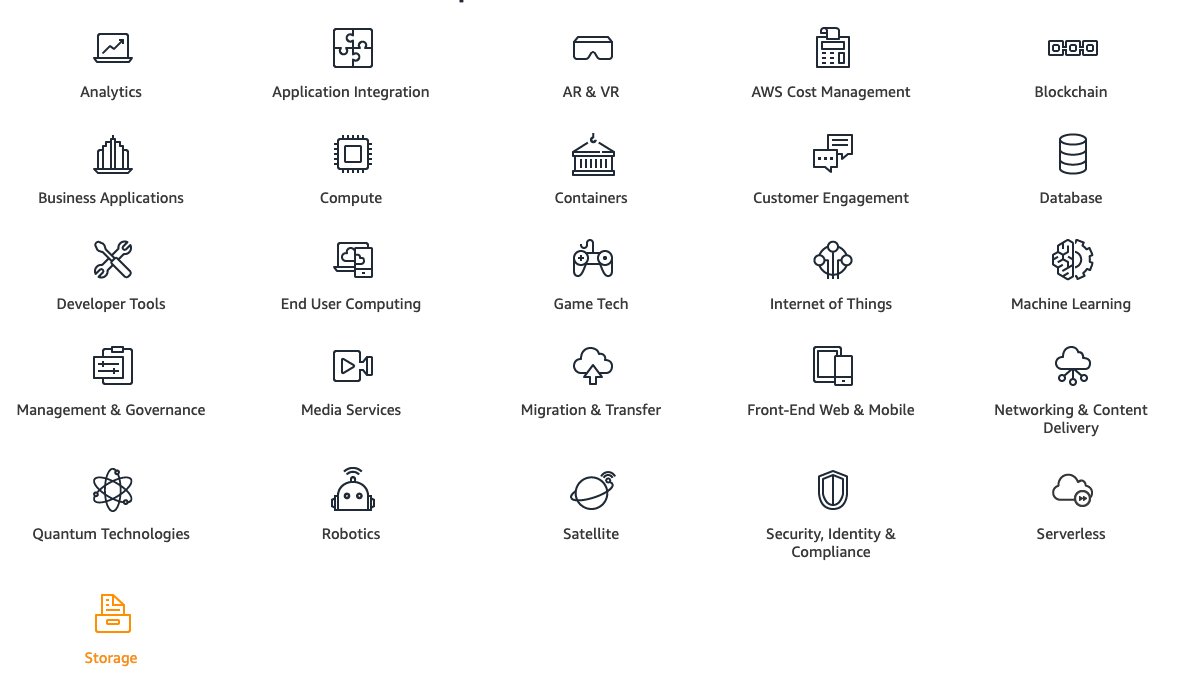P2P anchors around removing ops and creating a network for streaming databases
As a developer, there's a clear upside in zero ops, app interop, and easy forking. As a consumer, there's an opportunity for push-button self-hosting which isn't only a private island (but can be)
As a developer, there's a clear upside in zero ops, app interop, and easy forking. As a consumer, there's an opportunity for push-button self-hosting which isn't only a private island (but can be)
P2P is basically a counter-SaaS technology
If you want networked software that doesn't require the software-authors to maintain the servers and databases, you need to automate the stack as much as possible.
If you want networked software that doesn't require the software-authors to maintain the servers and databases, you need to automate the stack as much as possible.
P2P networks are designed to turn any device into an ad-hoc server, so in a way that traditional servers just can't be, p2p is push-button.
You host multiple pubkey-addressed services from a device without setting up DNS, SSL, and only one platform stack (the core p2p platform)
You host multiple pubkey-addressed services from a device without setting up DNS, SSL, and only one platform stack (the core p2p platform)
(Aside: one of my gripes with DNS in the context of P2P is that it is slightly less ops-free. It's not *terrible* but it's technical enough to be out-of-reach for the average user and that gives me pause. We're should brew a few ideas in addition to "screw it, TXT records")
In the context of decentralization, removing ops is _the key_ step to users self-hosting
After that, you need to de-silo data. This is actually two requirements: syncing between users' independent hardware, and interoperating between applications within a piece of hardware
After that, you need to de-silo data. This is actually two requirements: syncing between users' independent hardware, and interoperating between applications within a piece of hardware
The bet that Hyper, IPFS, and SSB make is that you can create a "streaming database" which feels like a local database but can sync information on-demand from the swarm. You're interacting with an API that looks like POSIX or LevelDB, but in fact accessing a global database
Almost every decentralization tech could be described as a distributed cloud tech which replaces some spot in the shelf of AWS services. The goal is that developers can pick off the shelf in the same way. 

You can slice the differences between P2P and Blockchains a dozen ways, but in the context of "cloud replacement," blockchains automate purchasing of services from the mesh, whereas P2P removes ops so that people can host on hardware they already paid for
More to say about the two-sided market (devs and consumers) and more to say about the bets/assumptions of novel tech, but I've got a call so I'll stop here
• • •
Missing some Tweet in this thread? You can try to
force a refresh




